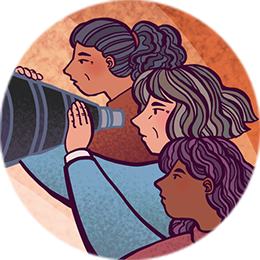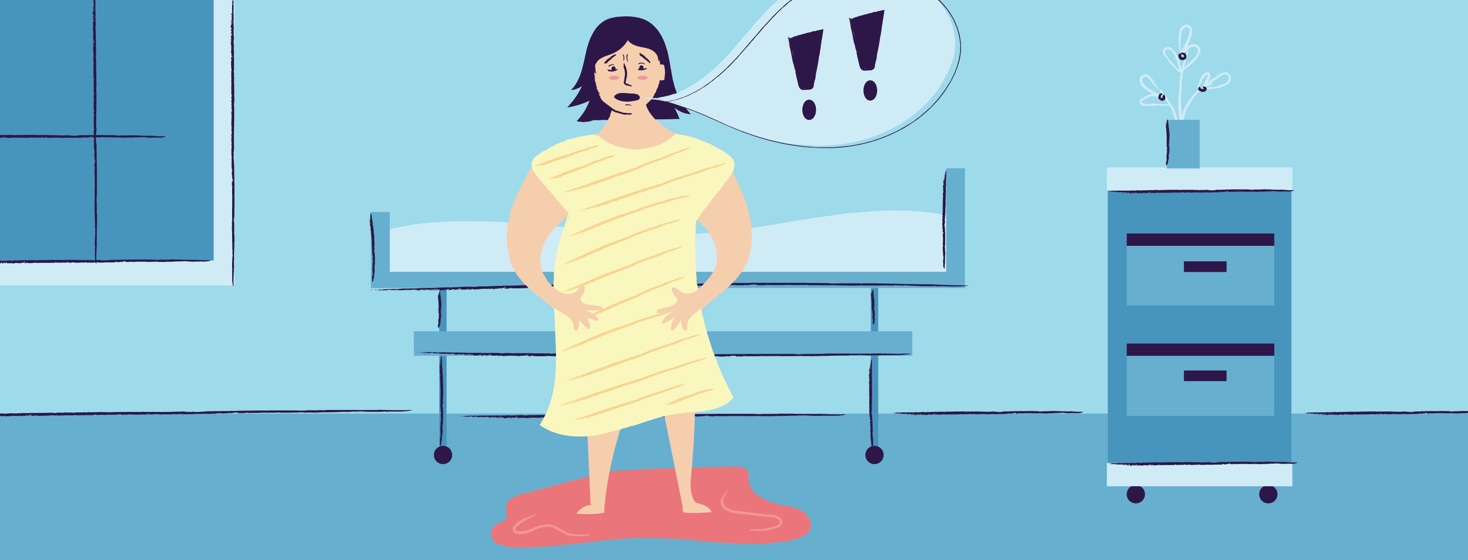The "Not So Nice" Things I Wish I'd Known Before My Cystectomy
Before my cystectomy, I read every piece of information I was given, over and over. I joined online support group to engage with others like myself: a woman about to lose her bladder and become "a bag lady." I logged in each day to read all that was being discussed. Basically, I thought I was prepared as best as I could be.
Surprise number 1: Standing up after surgery
After standing up after surgery, while I had visitors, I found myself suddenly and without warning losing a large amount of blood-like fluid from my vagina. I panicked and ran to the bathroom. I stood in a puddle; I thought there was something terribly wrong. My husband immediately went to find a doctor. The doctor on duty had no experience with cystectomies, so he telephoned my surgeon.
"Just" lymphatic fluid
Turns out it was just lymphatic fluid. This happened because during my cystectomy, a number of lymph nodes were removed. As a result of removing the lymph nodes, the lymphatic fluid has to find an alternative route through the body. It's apparently perfectly "normal" to lose a large amount of lymphatic fluid after surgery. It's just that my surgeon had, in his own words, "forgotten" to tell me that bit.
Surprise number 2: Vaginal discharge
After the initial large surge of lymphatic fluid, it did slow down dramatically. But it didn't actually stop. The continual slow discharge of lymphatic fluid can apparently last for several weeks to several months. For me, the discharge lasted almost a year.
Surprise number 3: Painful bowel movements
The lovely bowels. Oh, how I was terrified of passing that first movement after surgery. To be truthful, by the end I was desperate for the passing of that movement. You see, apparently your bowels "go to sleep" after the surgery, and it can take some time before "normal service" is resumed. You may find that you are sent home with a stool softener which can make going to the toilet a little easier.
Loose, regular bowel movements
Once things have settled down, you may actually find that you start to suffer from regular, loose bowel movements. I have spoken to many ostomates who have all reported this, myself included. Some doctors say (but this hasn't been proven) that this could be caused by the removal of a short piece of the small bowel. The piece of the small bowel is needed to help create the stoma.
Surprise number 4: Nephrostomy tubes
I wasn't aware that during my cystectomy surgery nephrostomy tubes would be connected to my kidneys. I awoke to see the blue ends of the 2 tubes coming out through my stoma. Quite a weird sight. When I was told that I would need these removed before going home, I was scared. The truth is, it's a bizarre feeling, certainly not painful, but really quite odd. I really do wish that I had known all of the above before my surgery. It would certainly have saved me from some very anxious moments.
Did you experience anything after your cystectomy that you were unprepared for? What do you wish you had known?


Join the conversation